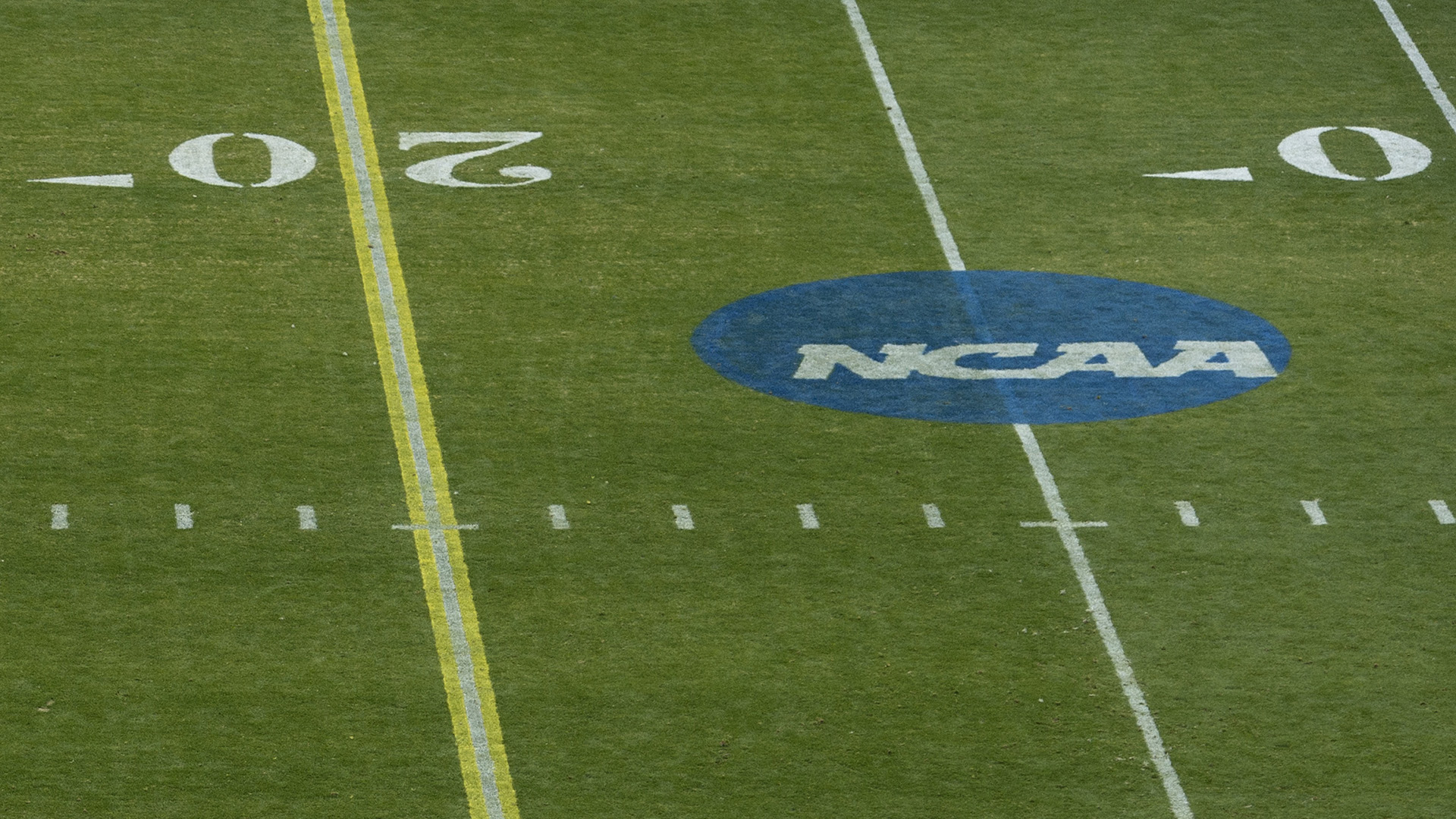ESPN and NCAA have announced a new 8-year TV rights deal for NCAA Championships that will run from 2024 through 2031-32. The agreement covers 40 championships across the NCAA Division 1, 2, and 3 levels and will feature multiple national championship contests being broadcast on ABC. The deal does not include the College Football Playoff or men’s Division 1 basketball tournament, which are negotiated separately from the majority of NCAA championship events.
The deal is worth $115 million per year for $920 million across all 8 years. That represents a substantial increase from the previous deal in 2011, which was worth $41.7 million per year ($500 million over 12 years). The NCAA declined to break out specific championships for individual bidding such as the women’s basketball tournament which may have commanded a higher fee on its own but potentially left other sports without a TV partner.
The FCS national championship, women’s basketball, women’s gymnastics, and women’s volleyball will be broadcast on ABC each year under the terms of the deal. Additional championship contests will be shown on ABC for softball and baseball although those games will not necessarily be World Series Championship Series games. The NCAA may also begin to award revenue distribution units for the women’s basketball tournament in a similar way as the men’s tournament has. That change will be discussed later in 2024 and then need approval from NCAA member schools.
Thoughts
While there’s a lot of vitriol towards ESPN in recent years for many reasons, this agreement is consumer-friendly… for now. One of the biggest worries when the NCAA sold off portions of some Division 2 championship events was whether it would happen to Division 1 or Division 3 events. That will not happen and it’s good that fans/consumers won’t need multiple subscriptions for each tournament they want to watch. For the D2 fans, that’s not the case because they’ll still have to go to Hudl for certain events if their team is playing a game that isn’t included in the latest ESPN/NCAA agreement.
The expansion of championships is a positive change as well. It allows the NCAA to offload some of the costs and might allow some casual viewers to tune in if they already have a subscription to ESPN+. Some of the events that will be covered by ESPN include men’s and women’s basketball tournaments for D2 and D3, men’s gymnastics, men’s and women’s tennis, and women’s volleyball (D2 and D3).
One area of uncertainty is around ESPN’s launching of its own streaming platform. Everyone knows it is on the way but how will ESPN+ be bundled with it? Will ESPN make it simple and have standalone options for ESPN and ESPN+ along with a bundled option for both? Will they try to make it convoluted and sell access to individual championships like Hudl and Division 2? Given the history of the Hulu/Disney+/ESPN+ bundle, a simple solution seems most likely but never underestimate the power of greed to make things needlessly complicated.
The NCAA is one of the low-hanging fruits of criticism in sports and rightfully so in most cases. Here, it was smart to keep the championships packaged together without spinning off the women’s basketball tournament individually because it allows them to assess the value of both tournaments in the next window when the men’s tournament is open for bidding at the same time. Furthermore, there’s a realistic chance the other championships would have been neglected without the women’s basketball tournament included.
One major aspect of this deal is the prospect of using the higher rights fees to improve NCAA championships. Looking through a narrow window of football, the increased funding is needed. For the FCS, Division 2, and Division 3 brackets, the brackets center around travel cost considerations. This is particularly noticeable in D3 where the same two conferences tend to play each other in the first round year after year because they’re in close proximity (500 miles per NCAA criteria). Considering what we’ve seen in football, it’s not difficult to imagine similar scenarios for other championships. It would be great if the NCAA spent some of the increased revenue to create more balanced brackets for all sports, not just football.
While ESPN has a massive influence on college athletics, the agreement with the NCAA is sensible given their shared history. There was no guarantee another bidder would have been able to match the NCAA’s criteria and ESPN’s offer had the championships gone to the open market. Overall, it feels like a solid deal all around and, hopefully, the NCAA puts the extra revenue to good use by improving its championships.
Photo courtesy of the NCAA
